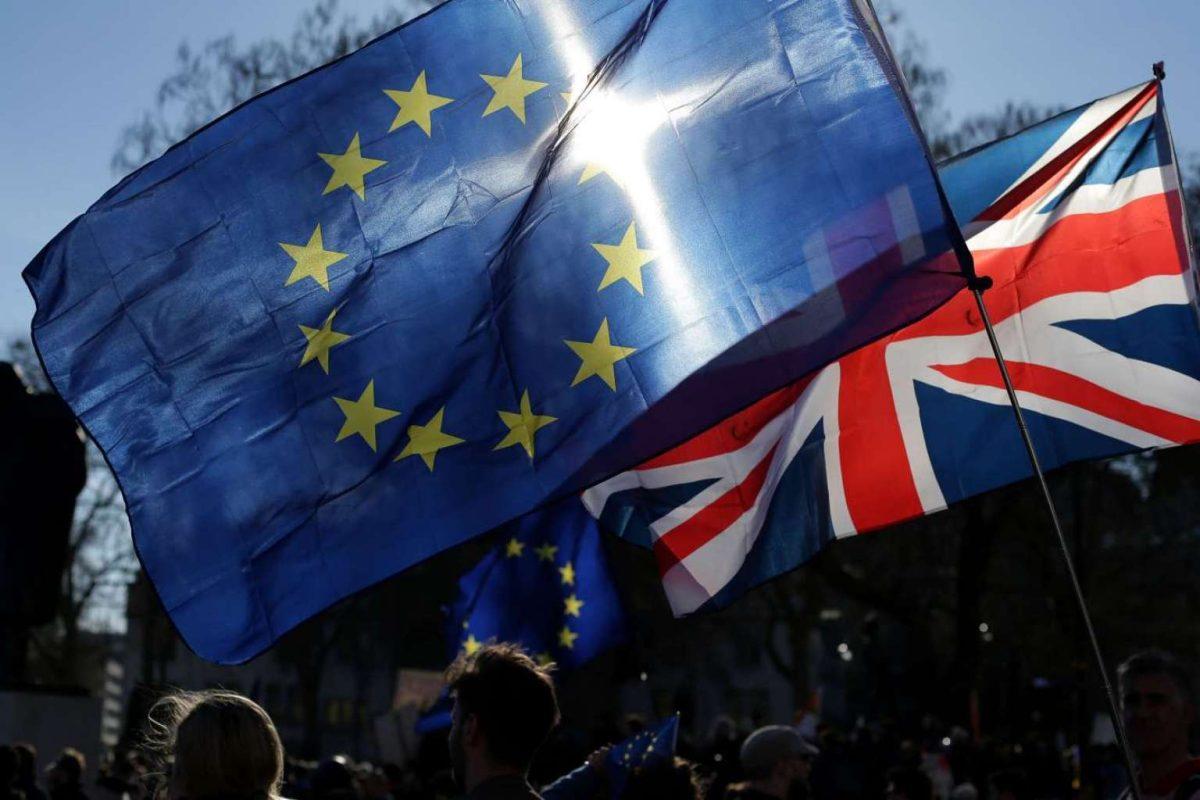On March 29, 2017, the United Kingdom (UK) formally invoked Article 50 and thus initiated its official split from the European Union (EU.) According to formal procedure, the UK now has two years in which to negotiate a deal that removes it?from the EU but preserves trade deals and cross border security arrangements. If an agreement is not reached within these two years, the UK would automatically have to leave the EU and all existing agreements between the UK and the EU would be immediately terminated. While an exit deal will require the support of 72 percent of EU countries, an extension of the two year rule would require unanimous approval. If negotiations fail to produce results after two years and no extension is granted, Brexit day would occur on March 29, 2019. As of now, discussions are beginning between EU officials. In late May, conversations with other EU countries will begin at which point the Brexit process will inevitably emerge onto the international political stage. Regardless of the final outcome, March 29th will be a date long remembered by the history books.
Unfortunately, most of the American population was too busy harping about the absurdities of President Trump’s latest tweet to pay more than minimal attention. Article 50 is not glamorous. It doesn’t use hyperbolic language, spout falsities, or lend itself to 140 character blurbs. Instead, it is a major piece of international law that requires either some level of civic literacy or a willingness to research to understand.
If we are going to preach the importance of substantive news, political awareness, and global engagement, then it is crucial that we support these practices ourselves. However, the levels at which we judge our competence in these arenas have fallen to a low standard. While substantive news stories continue to be praised and civic awareness continues to be advocated for, our standards for global engagement have diminished in the Trump era. We now consider ourselves knowledgeable about world issues if we accurately correct a Trump tweet, fact check a piece of click-bait, or skim the world news section of the New York Times. These practices are insufficient for combating the extremism that has returned to rear its ugly head.
Instead, it is critical that we understand the nuts and bolts of the global issues whose scope will only increase in the years to come. This means reading all five paragraphs of Article 50, looking at BBC News instead of Buzzfeed, and watching interviews with Theresa May alongside r the latest White House press conference.
Brexit is just a one case of a global issue which is receiving far too little attention from the American psyche. The refugee crisis, South Korean political climate and growing Turkish extremism represent only a handful of further examples. Yet cynical as it sounds, I am less surprised by our lack of knowledge in those arenas. Our ability to pay attention to people with far away homes and drastically different backgrounds is still in the works, to put it euphemistically. In these arenas, our willingness to engage globally always has been and continues to be in need of vast improvement. However, this has not historically been the case with Europe. Economic investments and familial heritages have previously kept us attentive. It is only under current conditions that something like Brexit could fly so far below the American radar.
President Trump’s extremism and narcissism is rendering us America-centric. With a leader so unlike any political figure we have ever encountered, we are becoming enraptured with national news at the expense of global affairs. This is an enormous mistake. That being said, it is worth noting that there is a critical difference between monitoring our President’s every move out of personal concerns versus doing so for the sake of entertainment. For those living in America whose very existence feels threatened by President Trump, it is neither feasible to remain globally engaged at the levels I have just advocated for, nor is it required to do so. Rather, it is up to the rest of the globe to remain cognizant of the executive orders which continue to put lives in jeopardy.
It is a different story for those of us privileged enough to follow the news without fearing for the wellbeing of immediate friends and family. The mental space that this luck allotts us should be utilized in order to educate ourselves on the nationalism and individualism that is manifesting itself right across the pond. It is crucial to remain aware of Brexit not merely because we are economically invested in the United Kingdom, but because a break in the union that symbolizes European internationalism should be of concern to everyone.
If we allow ourselves to become isolationist as a result of our President, then we will be falling victim to exactly the kind of individualism he endorses. Our best strategy for combating separatism is global engagement. In theory, this is an argument which is both familiar and frequently stated. In practice, it is one that is becoming extinct. We live in an era of easily accessible information, and we purport to hold global literacy as a priority. We can do better than be distracted by a tweet.




